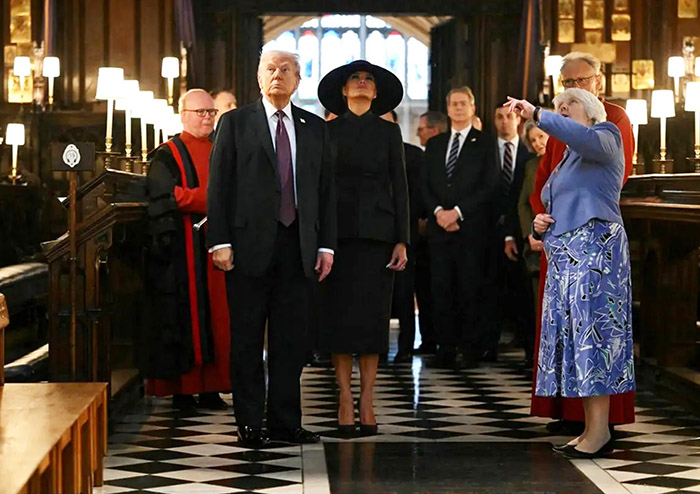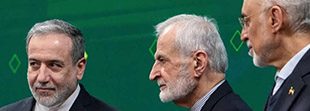On Ukraine, Trump and Starmer found more common ground. Both leaders condemned Putin’s aggression and called for stronger international efforts to end the war. Yet their approaches differ in emphasis.
Trump’s comments about oil prices reveal his preference for economic tools over direct military commitments. This reflects his skepticism about prolonged foreign entanglements and his belief in leveraging America’s energy dominance. His statement that “Putin is going to drop out” if oil prices fall encapsulates his transactional view of international conflict.
Starmer, meanwhile, framed the war in terms of defending international law and resisting authoritarian aggression. Britain has consistently supported Ukraine with military aid, intelligence sharing, and training programs. Yet Starmer avoided pushing Trump for stronger U.S. commitments, perhaps wary of provoking disagreement.
Their cautious alignment highlights both the enduring importance of NATO and the uncertainties of American foreign policy under Trump. While the U.S. remains indispensable to European security, European leaders are increasingly aware that Washington’s commitment cannot be taken for granted.

